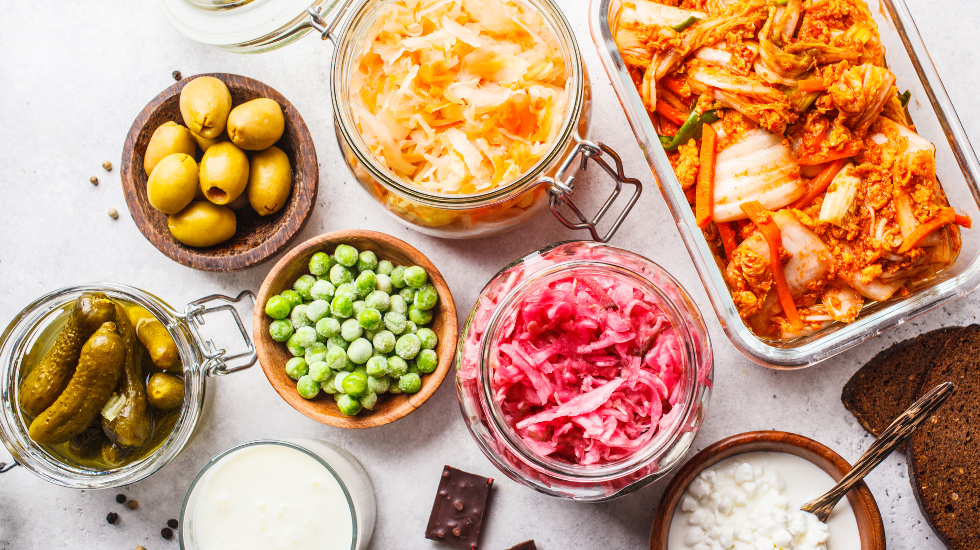
Looking for a list of probiotic-rich foods you can actually enjoy and cook with?
Probiotics are a form of live bacteria that are a key part of the natural world and crucial to our survival. Probiotics help beneficial bacteria to flourish in the body while hindering the growth of harmful microorganisms.
Probiotics are living beneficial bacteria that support digestion, immunity, skin, mood, and overall well-being. While supplements are helpful, food is one of the most natural, powerful (and delicious!) ways to support a healthier, more diverse gut microbiome.
In this article, I’m sharing a list of my favorite probiotic-rich foods, along with my favorite-recipes for each one!
You’ll also find simple guidance to support your microbiome naturally and realistically… no trendy diets, just nourishment that feels good.
Related Reading: 10 Amazing Fermented Foods
1. Probiotic Coconut Yogurt for Gut Health
Yogurt is the most popular food source of probiotics, because it’s more common in the West, easy to find, and easy to eat! Dairy-free, creamy, and naturally tangy, coconut yogurt is one of my favorite ways to enjoy probiotics on the daily.
Made by fermenting coconut milk with live cultures, this plant-based version offers the same gut-supporting bacteria without any of the digestive issues that can come with dairy.
Coconut yogurt is naturally rich in healthy fats, particularly medium-chain triglycerides (MCTs), which can provide a quick source of energy and support metabolism.
Plus, it’s gentle on the digestive system, making it a wonderful option if you’re sensitive to lactose or just want to avoid animal products!
Gut Tip: Look for brands that say “live and active cultures” on the label, or try making your own with just two ingredients: coconut milk and probiotic capsules.
Coconut Yogurt Probiotic Recipes
Coconut Berry Energy Bark: Strawberries, coconut nectar, and cacao come together in this sweet, gut-friendly bark. A simple treat that satisfies your sweet tooth and supports your microbiome.
Spiced Persimmon Smoothie Bowl: Creamy, sweet, and topped with dairy-free coconut yogurt for a gentle probiotic boost. This is one of my favorite fall-to-winter breakfast bowls, but honestly, I make it all year long!
2. Tempeh: Fermented Protein for Your Gut
Tempeh is a fermented soybean product with a hearty texture and a slightly nutty flavor. It’s incredibly rich in plant-based protein and one of the few whole-food sources of complete protein, meaning it contains all nine essential amino acids.
Plus, it’s vegan!
The fermentation process gives tempeh its gut-friendly benefits, producing probiotics and breaking down some of the natural compounds in soybeans that can make them harder to digest. That means it’s not only easier on your system, it’s more nutrient bioavailable, too.
Tempeh is also a great source of prebiotic fiber, feeding the good bacteria in your gut and helping to create a more balanced, thriving microbiome.
Gut Tip: Lightly steam or pan-fry tempeh before eating—it softens the texture and makes it more palatable for new tastes.
A Delicious Tempeh Probiotic-Rich Recipes
Tempeh Gyro Lettuce Wraps: A savory, plant-powered meal rich in protein and probiotics from fermented tempeh. I love wrapping these up for a light lunch that still feels super satisfying.
Tempeh Taco “Meat” Salad: It’s taco night! This hearty, flavor-packed salad features probiotic-rich tempeh, crunchy romaine, creamy avocado, and cashews.
3. Traditional Kimchi with Natural Probiotics
Kimchi is a traditional Korean side dish made from fermented cabbage and spices. It’s naturally rich in lactic acid bacteria—a powerful type of probiotic that supports digestion, reduces inflammation, and boosts immune health.
What makes kimchi so special is its wide variety of beneficial bacteria, formed during fermentation. It’s also full of fiber, vitamin C, and natural enzymes that help your body break down food more efficiently.
Because it’s made from whole vegetables, kimchi also offers detoxifying benefits and supports regular elimination.
And the spicy kick? That’s from garlic and ginger, both of which have antimicrobial properties that help maintain a balanced gut environment.
Gut Tip: Start slow if you’re new to fermented foods. A spoonful goes a long way, and your digestive system will thank you!
My Favorite Kimchi Probiotic Recipe:
Traditional Korean Kimchi: This DIY kimchi recipe is easier than you think, and loaded with gut-loving probiotics thanks to natural fermentation. Great as a side or topping for bowls and salads.
Related Reading: Probiotics and Fiber: Why You Need Both for Better Health
4. Miso Paste with Live Probiotics
Miso is a traditional Japanese paste made by fermenting soybeans (and sometimes grains like rice or barley) with a beneficial mold called koji. The result is a savory, umami-rich seasoning that’s brimming with probiotics, especially the strain Aspergillus oryzae, which supports digestion and immune health.
Miso is also full of minerals like zinc and manganese, and it contains B vitamins that help your body manage stress. Because it’s fermented, miso can help stimulate digestive enzymes and improve nutrient absorption, especially when eaten raw or lightly heated.
Gut Tip: Never boil miso! High heat can destroy the live probiotics. Add it to soups and dressings at the end of cooking.
A Nourishing Miso Probiotic-Rich Recipe:
Ginger Miso Fennel Salad: This zesty salad is a refreshing way to incorporate probiotic-rich miso into your day, plus fennel helps support digestion too!.
5. Apple Cider Vinegar with the Mother for Probiotics
Raw, unfiltered apple cider vinegar is made through a two-step fermentation process, where crushed apples are first turned into alcohol, then fermented into vinegar by acetic acid bacteria.
That’s where the “mother” comes from, the cloudy cluster of probiotic-rich strands floating inside the bottle.
ACV supports gut health by promoting stomach acid production, which can aid digestion, especially in those who struggle with low stomach acid or sluggish elimination. It also helps regulate blood sugar, supports healthy weight management, and contains antibacterial properties that can help balance gut flora.
Gut Tip: Always choose ACV that’s labeled “with the mother,” and start small—1–2 teaspoons diluted in water or used in dressings is plenty.
Apple Cider Vinegar Probiotic-Rich Recipes:
Apple Cider Delight Smoothie: This energizing smoothie blends seasonal flavors with a splash of gut-supporting ACV for lightness and balance.
Mixed Green Salad with Apple Cider Vinegar Dressing: Simple, everyday greens brought to life with raw, unfiltered ACV—the kind that still has the “mother” for true probiotic power.
6. Naturally Fermented Pickled Vegetables
Pickled doesn’t always mean probiotic, but when vegetables are naturally fermented in brine (just water and salt), they become rich in lactic acid bacteria and enzymes that support gut health and digestion.
Think onions, ginger, carrots, radishes, and cucumbers. These fermented veggies offer a combination of fiber and probiotics, making them a powerhouse addition to salads, bowls, and wraps.
Plus, they are low in calories and oh so healthy!
Gut Tip: Go easy! Fermented foods are potent, and introducing too many at once can overwhelm your system. Start with a few bites and work your way up!
Fermented Probiotic-Rich Recipes:
Brain Boosting Seaweed Salad: Topped with naturally pickled ginger, this mineral-rich seaweed salad is hydrating, cleansing, and full of texture. A perfect way to ease fermented veggies into your routine.
Related Reading: What Are Fermented Foods? (Plus 10 That are Amazing for You!)
Why Prebiotics Are Just as Important as Probiotics
We hear so much about probiotics (and yes, they’re amazing), but there’s another equally important part of the gut health equation that often gets overlooked: prebiotics.
Prebiotics are the special plant fibers that act as food for your healthy gut bacteria. I like to think of them as the nourishing “soil” for your internal garden.
Without prebiotics, those beneficial probiotics can’t truly flourish.
The beauty is that many prebiotic foods are easy to include in your everyday meals, and they support not just your digestion, but also your energy, immunity, skin health, and mood.
Here are a few of my favorite prebiotic-rich ingredients, along with simple, delicious recipes that bring them to life in your kitchen!
Related Reading: Prebiotic vs. Probiotic vs. Postbiotic: What’s the Difference?
1. Sunchokes
You might know them as Jerusalem artichokes, but these little roots are one of the most powerful natural sources of inulin, a type of prebiotic fiber that feeds good bacteria in your colon.
Sunchokes are earthy, slightly sweet, and can be roasted, sautéed, or added to pastas and soups. They’re especially beneficial for promoting regular elimination, reducing bloating, and supporting deeper gut healing.
Sunchoke Prebiotic Recipes
Sunchoke Mushroom Broccoli Gluten-Free Pasta: Earthy and comforting, this dish is rich in prebiotic inulin fiber from sunchokes—great for feeding your healthy bacteria.
Sunchoke and Beet Kitcheree: This grounding dish blends protein-rich lentils with sunchokes and beets! So it’s both deeply nourishing and rich in prebiotic fiber to fuel your healthy gut flora.
2. Edamame
Edamame isn’t just a protein-packed snack—it’s also a fantastic source of prebiotic fiber. These young soybeans support a balanced microbiome and provide sustained, clean energy thanks to their combination of fiber, protein, and healthy fats.
Plus, they’re so easy to throw into bowls, salads, or eat straight from the pod!
Edamame Prebiotic Recipes
Energy-Elevating Edamame Salad: A crunchy, colorful salad with edamame, avocado, and radishes—this one’s light but powerful for energy and gut fuel.
Edamame and Noodle Salad: A colorful and satisfying salad with edamame, rice noodles, and tomatoes. It’s full of fiber, plant protein, and flavor to keep your digestion humming along.
3. Raw Cacao
Yes, you read that right—raw cacao (not the sugary chocolate bars!) is rich in polyphenols and prebiotic compounds that help feed beneficial gut bacteria. It’s also a powerful mood booster, rich in magnesium and antioxidants that support the nervous system.
Cacao helps your gut and your heart and adds a decadent, soul-nourishing note to smoothies and elixirs.
Raw Cacao Prebiotic Recipes
Spring Love Elixir: A warm, cozy drink with raw cacao, ashwagandha, and almond milk—great for supporting emotional balance and gut health.
Creamy Banana Cacao Smoothie Bowl: This smoothie bowl is rich in fiber and prebiotic-loving cacao, all while tasting like dessert!
So… Do I Really Need Probiotic Supplements Too?
If you’re eating clean and including fermented foods, do you really need a probiotic supplement?
It’s a great question. And here’s what I want to share with you:
Even with the healthiest diet, our modern lives are working against the good bacteria in our gut.
From stress, environmental toxins, antibiotics (even ones you took years ago), and ultra-processed foods to things like traveling or lack of sleep, it’s easy for your gut to fall out of balance.
And the truth is: our gut microbiomes today are far less diverse than they were just a few generations ago. Studies show we’ve lost many of the ancestral strains of bacteria that once supported our health in powerful ways.
That’s why I believe probiotics aren’t just helpful anymore, but essential!
Related Reading: Why Choose Soil-Based Probiotics? What You Need to Know
Why Soil-Based Probiotics Are So Important to Your Health
I take my Feel Good SBO Probiotics+ every single day, no matter what!
Even if I’m eating clean.
Even if I’m traveling.
Even if the rest of my routine is totally on point.
Why?
Because our modern world is constantly throwing things at our gut! Stress, toxins, pesticides, antibiotics (past and present), processed foods… the list goes on. These things quietly wear down our microbiome, making it harder for our digestion, energy, skin, and mood to stay balanced.
And while I love fermented, probiotic-rich foods (like coconut yogurt and kimchi!), the truth is, they’re often not enough.
That’s why I trust soil-based organisms (SBOs). They’re naturally stronger than traditional probiotics and can survive stomach acid to actually reach your gut, where they do the real work.
What Our Community Is Saying
“I’ve struggled with bloating and irregular digestion for years. Since taking the SBO Probiotic, my gut feels calmer, and I have so much more energy throughout the day.”
— Rachel M.
“This is the only probiotic I’ve taken that I actually feel working. My skin looks clearer, and I just feel more balanced overall.”
— James K.
“I love that it’s soil-based and doesn’t need refrigeration. It fits seamlessly into my routine and has helped me stay regular and grounded—even during stressful weeks.”
— Amira L.
SBO Probiotics: A 3-in-1 Formula with Prebiotics and Postbiotics
The right formulation is SO important to making sure you receive the exact combination of friendly bacteria and nourishing prebiotic fibers that your body needs for optimal digestion and a resilient gut.
That’s why I created Solluna’s SBO Probiotic. It’s a comprehensive formula that contains probiotics, prebiotics and postbiotics needed to support and enhance your body’s diverse microbiome.
This soil-based formula combines:
- Clinically studied probiotic strains (Bacillus coagulans & Bacillus subtilis) that survive stomach acid and reach your colon alive
- Prebiotic fibers to feed and support beneficial microbes
- Postbiotic compounds from fermentation that help maintain gut lining integrity
How to take it: One capsule twice a day or two capsules in the morning with or without food. (I never start my day without them!)
- Subscribe & Save 10% on every order
- Free U.S. shipping on recurring deliveries
- Flexible scheduling and easy cancellation
Learn more
It’s simple. It’s effective. And it’s one of the most powerful ways I stay grounded and supported!
Your gut is at the center of so much more than digestion. And when you nurture it, everything else starts to shift. I truly believe that supporting your microbiome is one of the most loving, foundational things you can do for your overall well-being.
It’s not about perfection. It’s about staying connected to your body, to your energy, and to your natural state of balance.
With so much love and gut support,

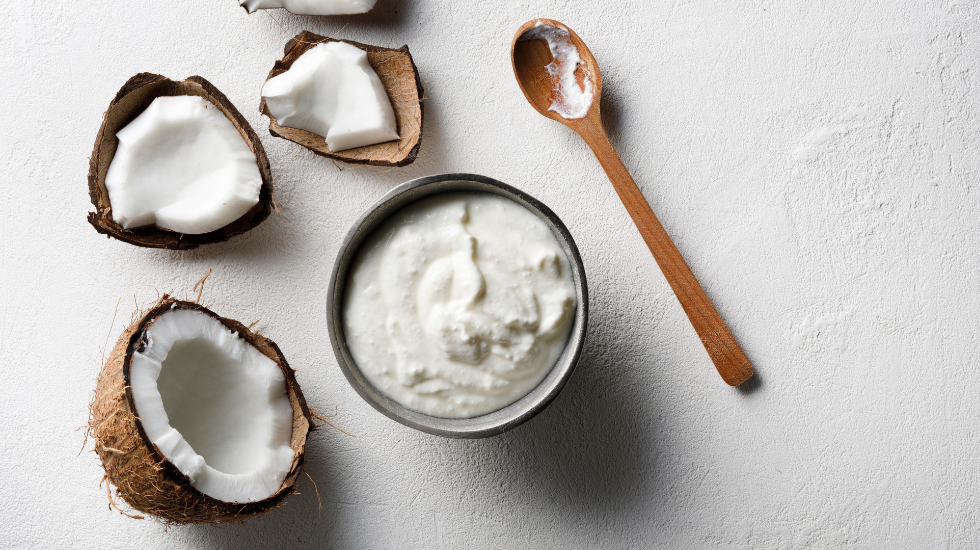
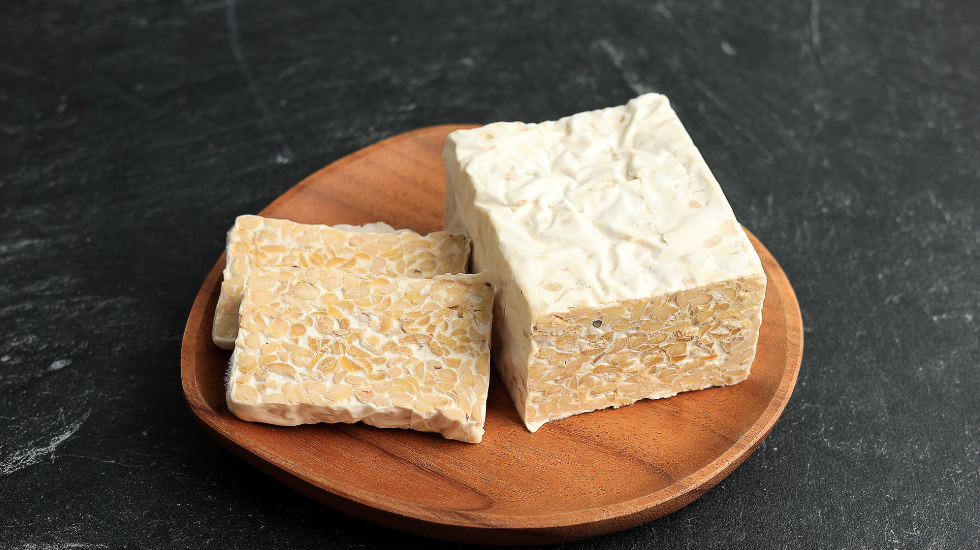
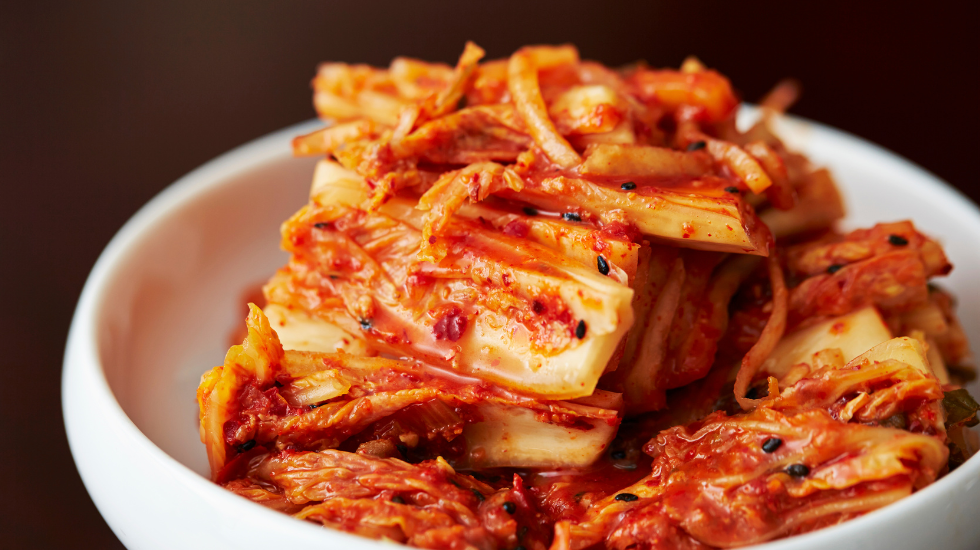
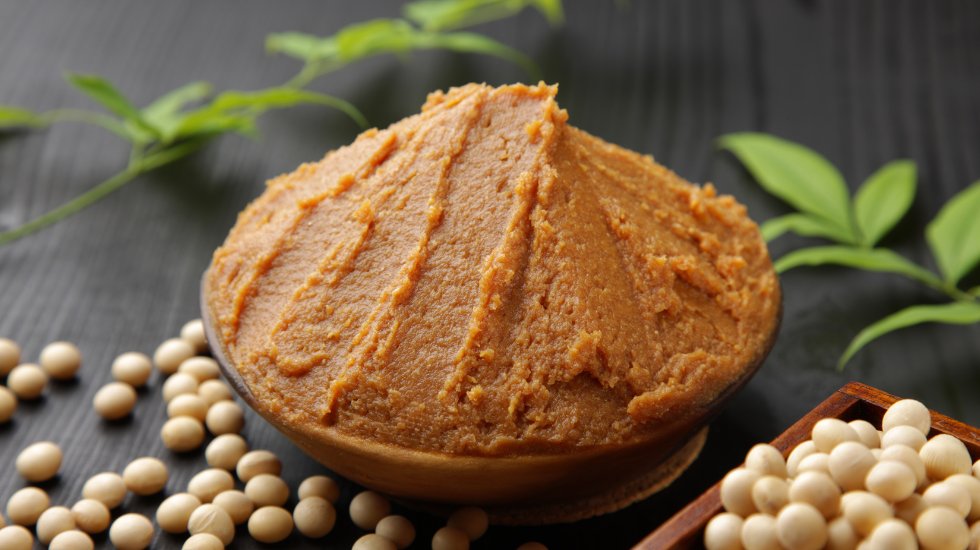
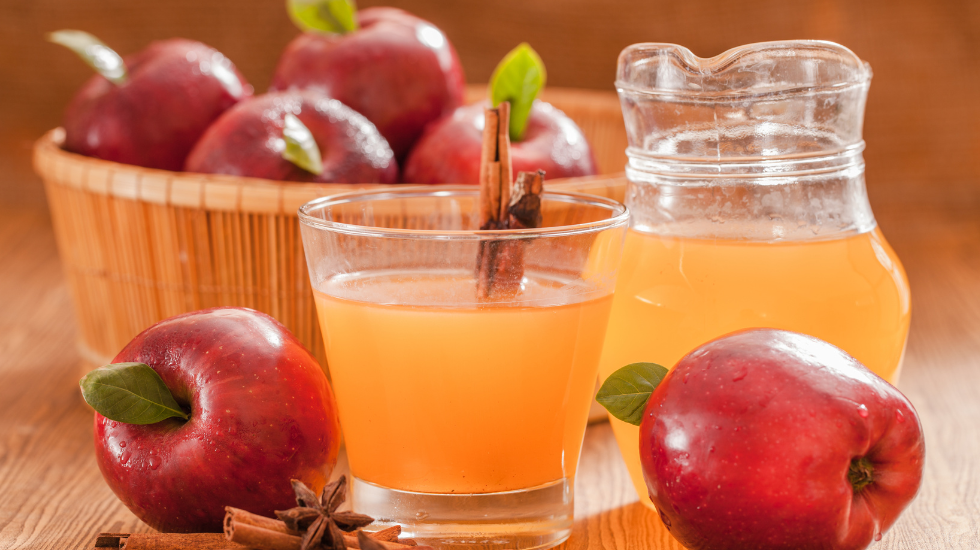
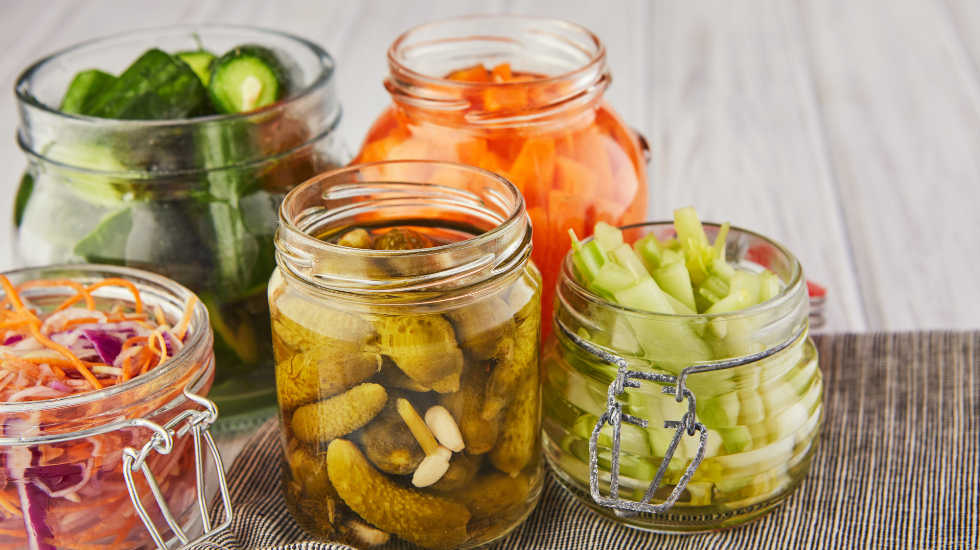
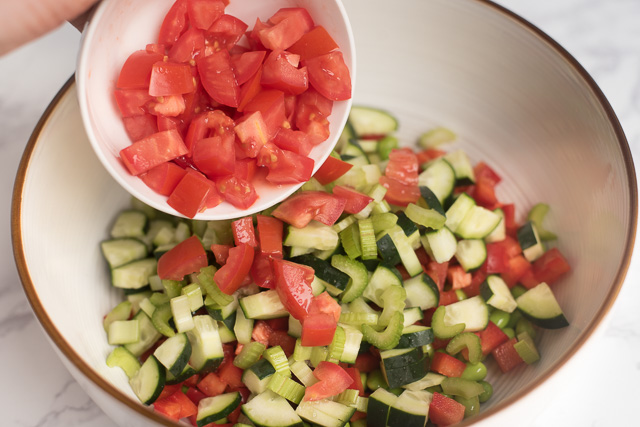

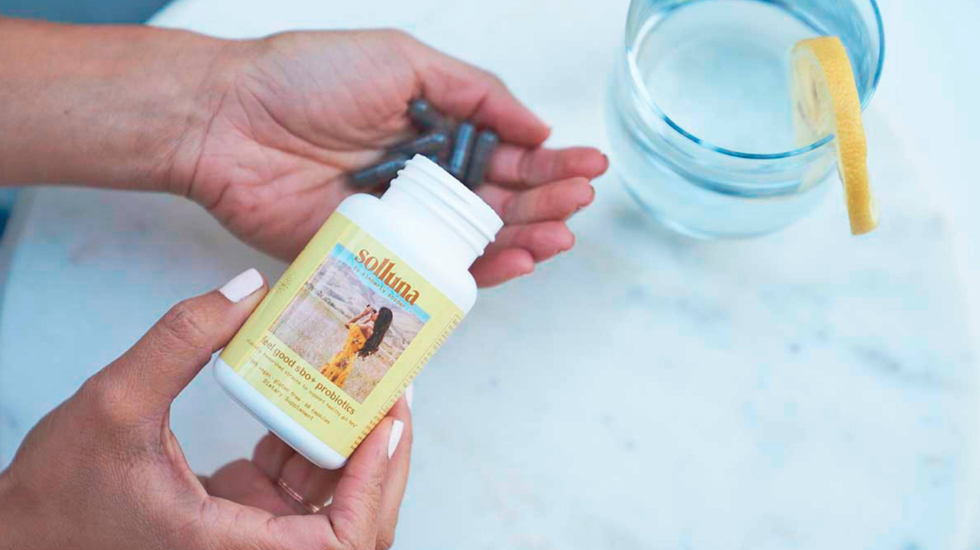


0 Comments